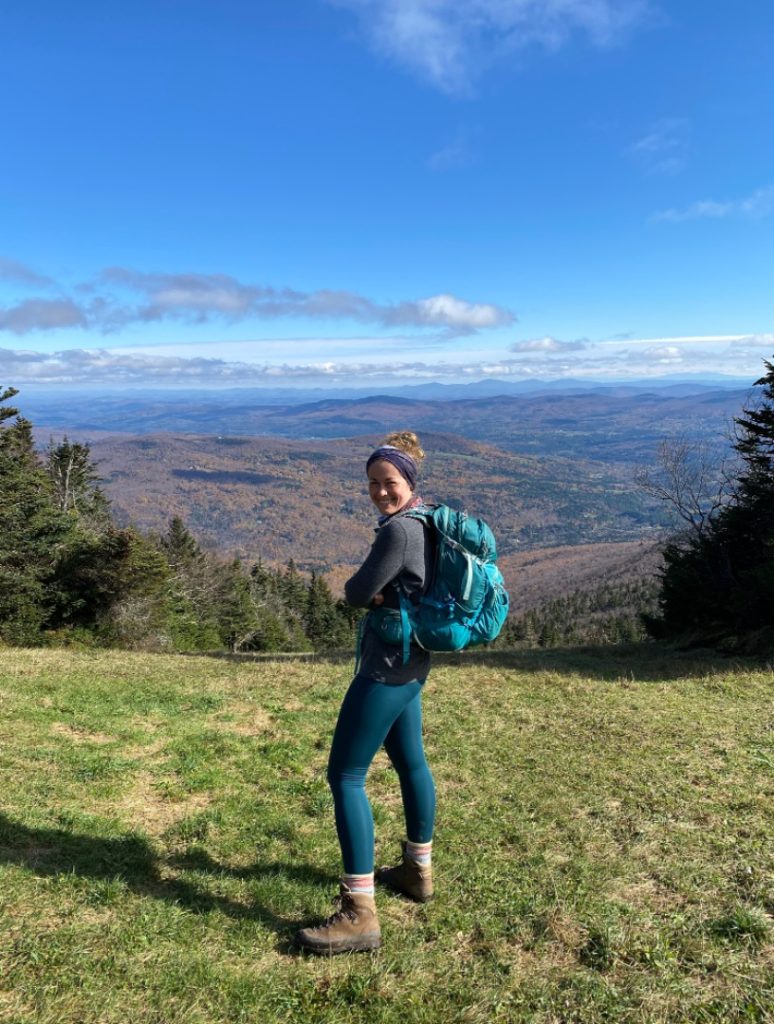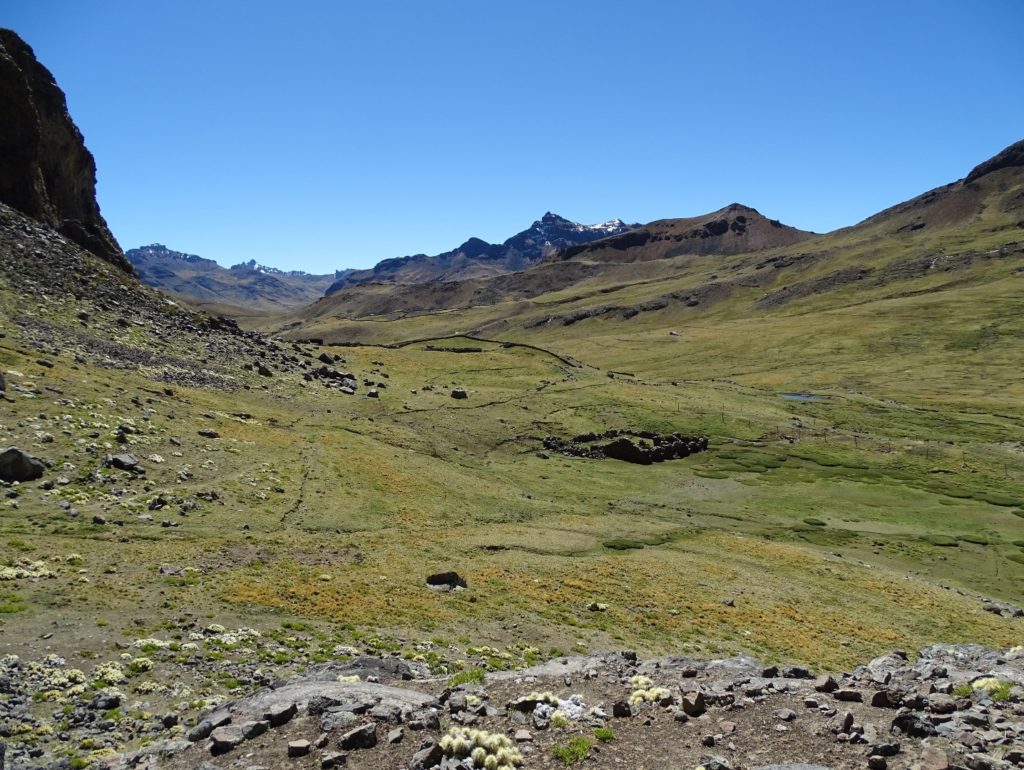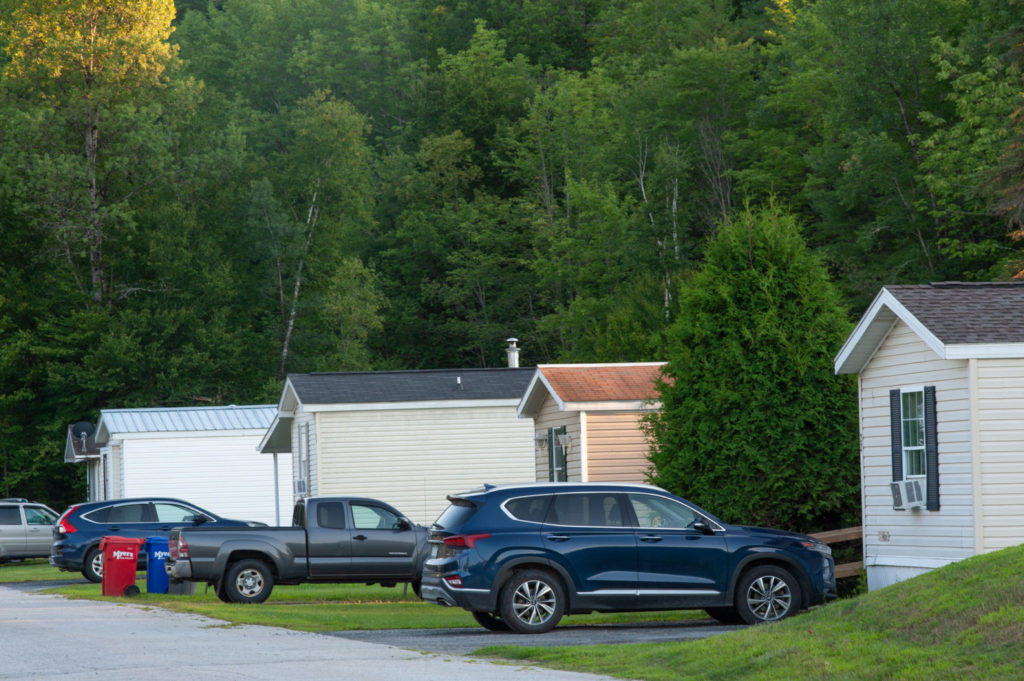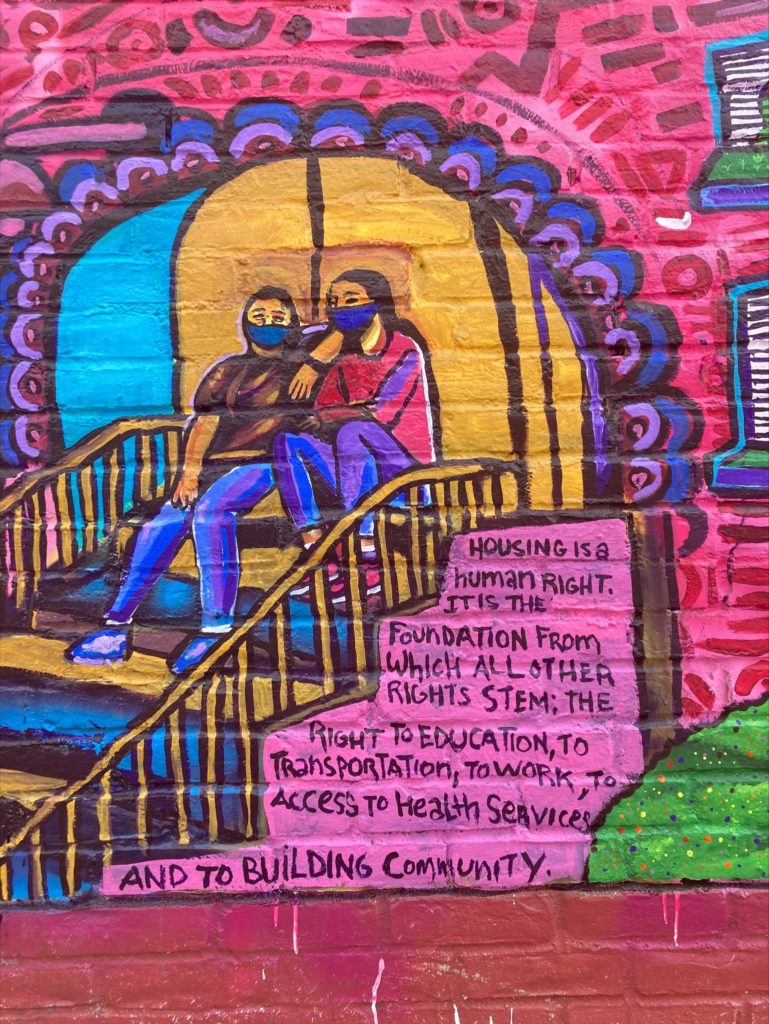Hi! I’m Beth, and I’ve been volunteering with the Fair Housing Project over the summer, working mainly on social media with Corrine and Jess. As a brief introduction, I’m currently finishing up my PhD in Anthropology at Brown University. I’m originally from the UK, but my partner grew up in Shelburne, and we moved back to Vermont in 2021.

PhD research
At first glance, it doesn’t seem like my PhD research has much to do with fair housing or thriving communities. I study herding communities and environments in the Peruvian Andes (think llamas, alpacas, and mountains) and how they responded to Spanish colonialism in the 16th century. More broadly, I’m interested in how rural communities renegotiate their lifeways in response to external changes. In the communities I study, responses often involve shifts in how people manage and use the environment. Today, for example, Andean herding communities have had to intensify wool production to meet increased global demand for wool, which is prized for its fineness and warmth. To do this, they’ve expanded wetland pasture so it can host more animals. I think similar shifts happened in response to Spanish colonialism: Spanish-operated mines relied on caravans of llamas to move goods between the highland mines and coastal ports. To meet increased transport demand, herders would have had to construct new infrastructure, such as corrals, along the route. Spanish colonialism was undoubtedly a violent period that led to the death of millions and the destruction of many Andean community practices. But because of a focus on this, and on the colonists themselves, less attention has been paid to understanding the diverse ways in which rural communities, in particular, responded to colonial policies.

Housing
I’ve always been interested in housing, especially in rural areas. I grew up in a small coastal town in the UK and I see a lot of parallels between my hometown and where I live now, in Vermont, in terms of housing issues. In both places, housing inequities – in particular, rising housing costs and housing shortages caused in part by increased migration, second-home ownership, and short-term Airbnb-type rentals – have begun to hollow out our communities.

While we often, perhaps rightly, see these as threats to our homes, I think what’s more important is how we, as a community, respond to these changes. Like with Spanish colonialism and Andean herding communities, it is important to recognize both the major large-scale changes and the small-scale, local ways in which communities respond to these.

Over the summer, I’ve used the Fair Housing Project’s Thriving Communities social media pages to highlight how people in Vermont and beyond are responding to housing challenges, whatever form these take. A lot of the news about housing in Vermont is bad – we all know the state is facing down a major housing crisis – but there has also been a lot of good stories and positive news!
- The construction of affordable, fossil fuel free housing
- Events like the Juneteenth commemorations and celebrations held across the state that bring together communities
- Vermont programs aiming to reduce inequities in homeownership across the state, especially the racial housing gap

I’ve learnt so much about the housing landscape in Vermont and the different agencies and organizations working to reduce housing inequities and discrimination across the state and it’s been great working with Jess, Corrine, and the others at the Fair Housing Project. Thank you!